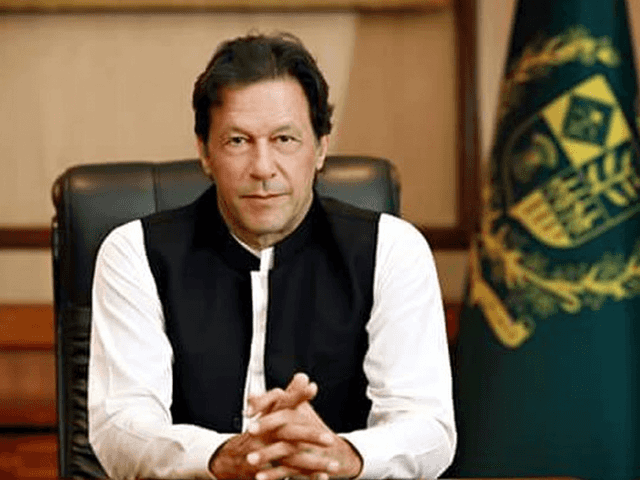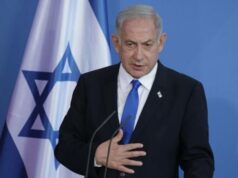
Pakistan Prime Minister Imran Khan has now tied himself in knots by saying that talks with India can happen only if New Delhi “reverses” its decision on revoking Jammu and Kashmir’s special status, end the restrictions and withdraws its troops to the barracks.
It means that he is not interested in talking with India on terrorism and economic cooperation. In any case India will not permit him or any one else for that matter to meddle in the internal affairs of India.
Pakistan Throwing Tantrums On Kashmir …..No Takers Or Onlookers
In an opinion piece in one of the American newspaper called New York Times, Khan again warns that if the world does nothing to stop India’s decision on Kashmir, the two nuclear-armed countries will get ever closer to a “direct military confrontation.” ……Well if Pakistan wants to vanish from the map of this earth, let it initiate a Nuclear War with India. Imran Khan should know that he will be killing more Indian Muslims by dropping a Nuclear weapon than what number he boasts in Pakistan itself.
Tensions in Pakistan spiked after India abrogated provisions of Article 370 of the Constitution to revoke Jammu and Kashmir’s special status and bifurcated it into two Union Territories.
Reacting to India’s internal decision, Pakistan expelled the Indian High Commissioner after it downgraded the diplomatic ties with New Delhi.
“On Kashmir, the dialogue must include all stakeholders, especially the Kashmiris,” Khan says……… Since when Kashmir has become a part of Pakistan ? Though once upon a time Pakistan was part of India.
Khan Sahib insists that “But dialogue can start only when India reverses its illegal annexation of Kashmir, ends the curfew and lock down, and withdraws its troops to the barracks,” he says.
Asserting that abrogation of Article 370 was its internal matter, India has strongly criticised Pakistan for making “irresponsible statements” and provocative anti-India rhetoric over issues internal to it.
Khan says that when he was elected prime minister last August, one of his foremost priorities was to work for lasting and just peace in South Asia. But he says that all his efforts to start a dialogue for peace were “rebuffed” by India.
India has not been engaging with Pakistan since an attack on the Air Force base at Pathankot in January of 2016 by Pakistan-based terrorists, maintaining that talks and terror cannot go together.
With his efforts to internationalise Kashmir not gaining traction, Khan has been repeatedly trying to project a panic situation by raising the possibility of a military confrontation between the nuclear-armed neighbours.
“With the nuclear shadow hovering over South Asia, we realise that Pakistan and India have to move out of a zero-sum mind-set to begin dialogue on Kashmir, various strategic matters and trade,” he says.
If the world does nothing to stop India’s moves on Kashmir, he says, warning that “there will be consequences for the whole world as two nuclear-armed states get ever closer to a direct military confrontation.”
Reacting to Pakistan raising the nuclear issue frequently, the External Affairs Ministry spokesperson earlier this month noted that Islamabad would like to project a “panic situation” in South Asia.
“From their side, they would like to project a panic situation; the international community does not think there is a war like situation. It is a ploy to deflect attention,” the MEA spokesperson said in New Delhi on August 9.
Khan, in his article, also urged the international community that it is imperative that they “think beyond trade and business advantages.”



